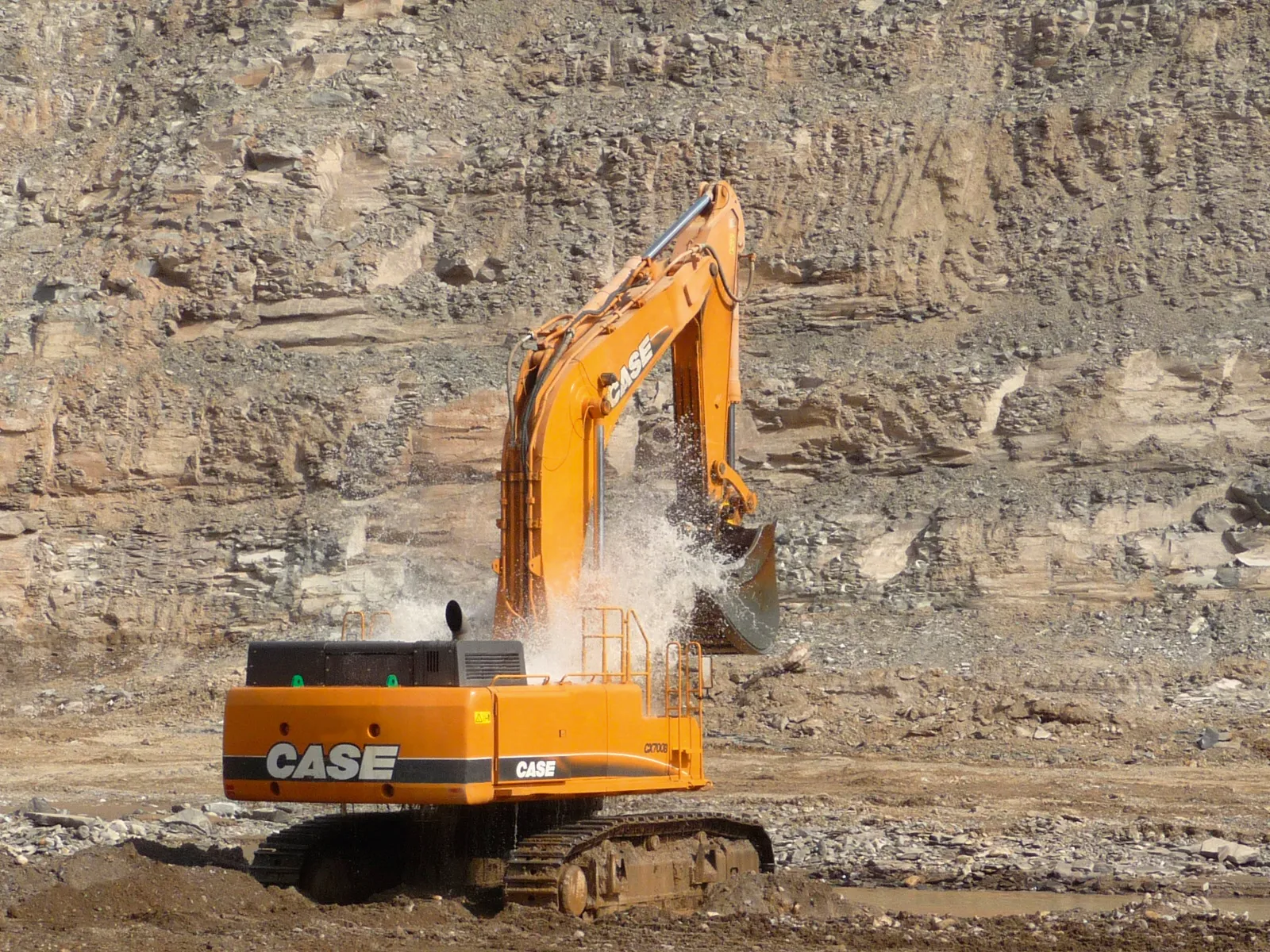Clean diesel engines will continue to be the dominant power source for heavy-duty vehicles in the United States for "decades to come because of their power and efficiency," according to a newly released study prepared for the US Department of Energy.
August 3, 2012
Read time: 1 min
RSSClean diesel engines will continue to be the dominant power source for heavy-duty vehicles in the United States for "decades to come because of their power and efficiency," according to a newly released study prepared for the 5275 US Department of Energy.
The report – "Advancing Technology for America's Transportation Future" – was authored by the National Petroleum Council (NPC) at the request of the Energy Secretary Stephen Chu. The two-year study examines fuels, technologies, industry practices, and government policies through 2030 for auto, truck, air, rail, and waterborne transport and potential industry and government actions that could reduce
"The National Petroleum Council findings confirm what transportation officials and industry leaders have already determined – that the continued advancements in clean diesel technology will continue to make diesel the dominant power source for heavy-duty trucks throughout the United States for decades to come," said Allen Schaeffer, the executive director of the3467 Diesel Technology Forum (DTF).
The report – "Advancing Technology for America's Transportation Future" – was authored by the National Petroleum Council (NPC) at the request of the Energy Secretary Stephen Chu. The two-year study examines fuels, technologies, industry practices, and government policies through 2030 for auto, truck, air, rail, and waterborne transport and potential industry and government actions that could reduce
"The National Petroleum Council findings confirm what transportation officials and industry leaders have already determined – that the continued advancements in clean diesel technology will continue to make diesel the dominant power source for heavy-duty trucks throughout the United States for decades to come," said Allen Schaeffer, the executive director of the






